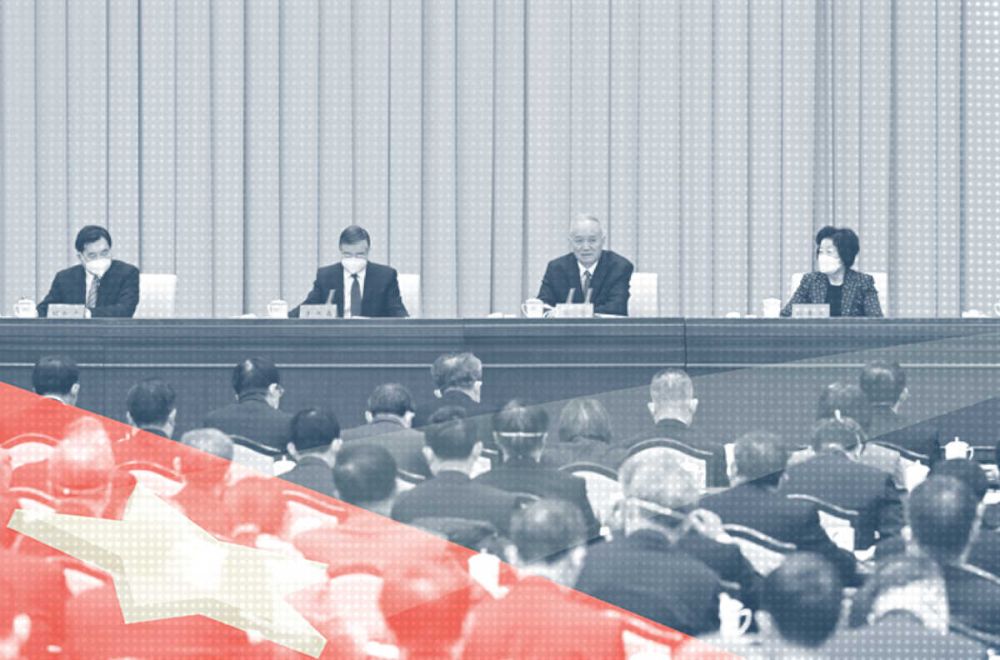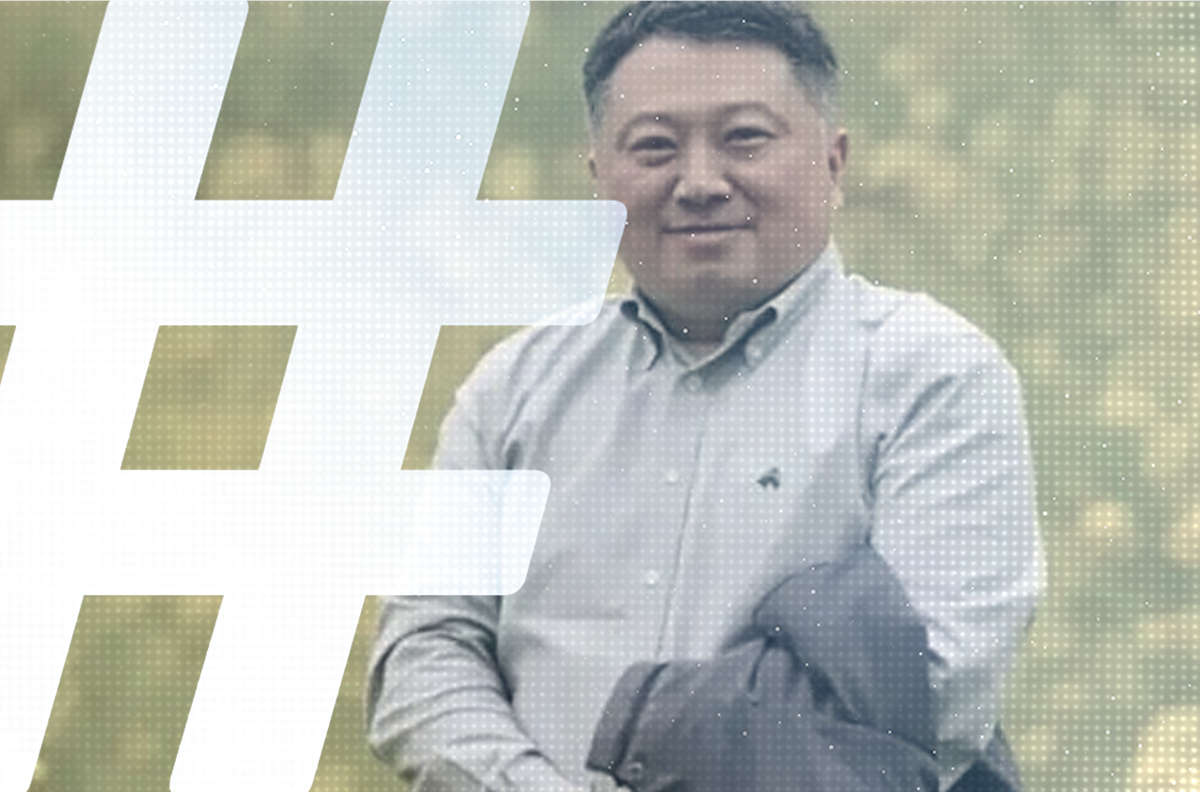
In his first address this week to hundreds of propaganda ministers from across China, the newly-minted Politburo Standing Committee member Cai Qi (蔡奇) urged all present to “accurately grasp the new circumstances and new tasks” facing the Chinese Communist Party, according to a summary provided by the official Xinhua News Agency.
Cai enjoined propaganda leaders to use “core socialist values” to “better meet the diverse and high-quality spiritual and cultural needs of the people” and to “comprehensively improve the level and effectiveness of foreign propaganda work.” As for what these instructions meant in practice, official reports did not elaborate.
But obedience to Xi Jinping and his governing concepts was clearly at the heart of what Cai outlined as the essentials of “propaganda and ideology work” (宣传思想工作). Leaders, he said, must “uphold the leadership of Xi Jinping Thought on Socialism with Chinese Characteristics for the New Era,” the banner phrase synonymous with the power and legacy of the CCP’s general secretary.
Moreover, they must “deeply comprehend the decisive significance of the ‘Two Establishes’” (两个确立), this being code for the centrality of Xi as “core” leader, and Xi’s ideas as the bedrock of the future. And they must “uphold the ‘Two Safeguards’” (两个维护), known elsewhere as the “Two Upholds” or “Two Protections” — all about the need to 1) protect the “core” status of Xi Jinping within the CCP, and 2) to protect the centralized authority of the Party.
Following the 20th National Congress of the CCP in October last year, Cai Qi, who previously served as Party Secretary of Beijing, succeeded Wang Huning (王沪宁) as the First Secretary of the CCP Secretariat in charge of propaganda and ideology. He is assumed to be a close ally of Xi Jinping, having long served in official positions in Zhejiang province, overlapping with Xi’s time there as CCP secretary (2002-2007).
The National Propaganda Ministers Work Conference (全国宣传部长会议) is a meeting of top national, provincial and city-level propaganda officials held each year during the first half of January to lay out the top priorities for propaganda and ideology for the coming year.




















